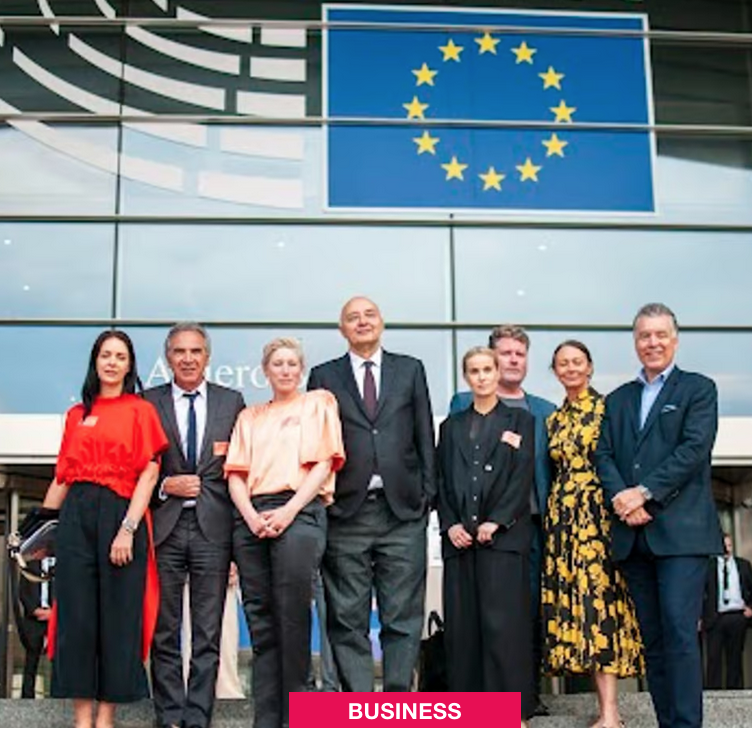
Although the textile industry had long been represented at European level through Euratex, this was not the case for creative fashion. This summit meeting was therefore an historic moment for the 29 EFA member organisations.
The EFA’s first political round table on 7 June was above all an opportunity to reiterate the objectives of this alliance founded in 2022. Firstly, creativity is the first thing it intends to support and defend, recognising it as the driving force behind the industry’s power to innovate. Secondly, the alliance supports the ecodesign regulation for sustainable products. Finally, the European Fashion Alliance is now the voice of the sector and the primary contact for discussing fashion issues at European level.
We need the EFA to discuss how the European Union uses future spending programmes to achieve the desired results in your sector,” said Christian Ehler MEP, member of the Committee on Industry, Research and Energy. We cannot discuss the future of the fashion industry without having the European Fashion Alliance as a partner. (source: press release).
“Status of European Fashion
The European Fashion Alliance also took the opportunity to announce the launch of its first European survey: “Status of European Fashion”. Available since 15 June, the survey will serve as the basis for an industry report to be presented at the next EFA conference in autumn 2023. The aim of the project is to map the current state of the fashion industry in relation to forthcoming European policy requirements on sustainability, innovation, technology, education and research.
In concrete terms, “Status of European Fashion” has been produced to collect data from European fashion companies, SMEs and micro-enterprises. The document specifies that its main target group is made up of fashion brands based in Europe and professionals (designers, retailers, manufacturers, consultants, etc.). The data collected will help the EFA to position the industry and better advise on policy recommendations and European programmes.
Digital Product Passport: no to disproportionate administrative and technological burdens
EFA reiterated its support for the transmission of relevant, accurate and reliable information to consumers and the digitisation of this information for the Digital Product Passport (DPP). But it was also keen to warn against any measures that would “entail disproportionate administrative and technological burdens for businesses, and in particular SMEs”, which it felt would overlook, in particular, the challenges associated with the long and multi-dimensional textile supply chain.
Read more – Fashion United
